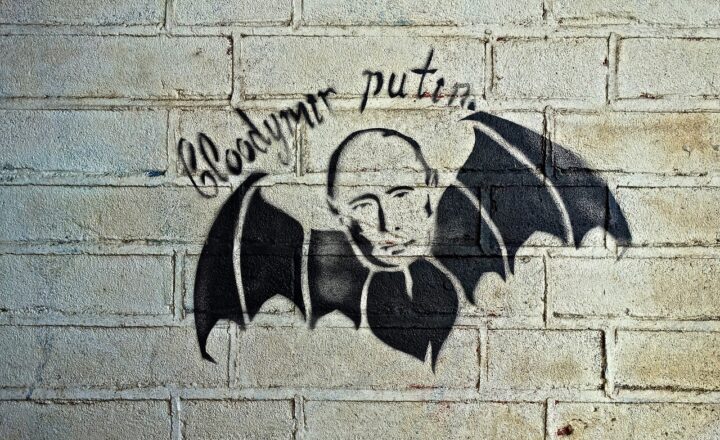The Truth Behind Conspiracy Theories That Fueled 2000s TV Dramas
November 12, 2024

The 2000s marked a unique era in television, characterized by a wave of dramas that delved deep into the realm of conspiracy theories. From government cover-ups to secret societies, these shows often blurred the lines between fiction and reality, captivating audiences while raising questions about truth, power, and media manipulation. In this article, we will explore the most influential conspiracy-driven dramas of the decade and the real-life theories that inspired them, delving into why these narratives resonated so profoundly with viewers.
1. The Impact of 9/11 on TV Dramas
The tragic events of September 11, 2001, not only reshaped American society but also left an indelible mark on television programming. The fear and uncertainty that followed led to an increasing appetite for conspiracy narratives, allowing shows to exploit societal anxieties.
Shows like 24 became emblematic of this shift, featuring storylines teeming with government manipulation, terrorism, and espionage. Jack Bauer, the protagonist, often found himself battling against corrupt government officials and shadowy forces, echoing viewers’ fears about whistleblowing and the potential for state control.
The portrayal of an omnipresent government looming in the background struck a chord, leading audiences to question the motives and transparency of their own government agencies. This thematic exploration of paranoia and subversion in 24 and similar dramas reflected public sentiment and created lasting cultural narratives.
2. Iconic Conspiracy-Themed Dramas
Throughout the 2000s, several iconic dramas addressed conspiracy theories head-on, each contributing to the collective consciousness of the viewing audience.
– The X-Files: Though it began in the 90s, this series continued to evolve throughout the 2000s, revisiting themes of alien cover-ups and government secrecy, catering to the conspiracy theories surrounding the UFO phenomenon.
– Fringe: Blending science fiction with conspiracy theories, this show was grounded in alternate realities and biological experiments, presenting scenarios that often overlooked the limits of ethics in scientific exploration.
– Lost: The series brought to life theories surrounding the nature of existence through the enigmatic island filled with secrets. Lost challenged viewers to piece together clues, much like unraveling a conspiracy, fostering intense debate about the nature of fate and free will.
These shows not only entertained but also encouraged audiences to engage in the theories they depicted, leading to spirited discussions in both real life and on online platforms.
3. The Intersection of Reality and Fiction
As much as these dramas were rooted in fantasy, they frequently pulled from real-life conspiracy theories, allowing art to imitate life in bizarre and intriguing ways. For example:
– The Illuminati and Secret Societies: Numerous shows explored the notion of an elite group pulling the strings behind the scenes. This can be seen in The Da Vinci Code adaptation, where centuries-old societies influenced modern events.
– The War on Terror as a Narrative Device: Several shows used the post-9/11 atmosphere to explore themes of surveillance and civil liberties, mirroring the public’s growing concerns around civil rights.
The exchange between real-world issues and fictional portrayals heightened the relevance of these dramas, enabling them to address serious societal conversations that mattered to the audience.
4. The Role of the Internet in Spreading Conspiracies
The rise of the internet was undeniably intertwined with the proliferation of conspiracy theories. Forums, blogs, and social media allowed individuals to explore, debate, and disseminate conspiracy ideas, creating a culture where every viewer could question authority.
Shows like The Simpsons and South Park even began to include references to real-world conspiracy theories, delighting audiences while satirizing them. The humor resonated, encouraging audiences to take a second look at the absurdities they might have previously dismissed or accepted at face value.
The interplay of these dramas with digital platforms facilitated the emergence of a DIY investigative mentality, empowering viewers to consume media critically and independently.
5. Conclusion: Unraveling the Web of Deceit
As we reflect on the conspiracy-laden dramas of the 2000s, it’s clear that they significantly shaped viewers’ perceptions of truth and authority. While they often presented exaggerated or fictional narratives, these shows held a mirror to societal fears, encouraging critical thinking and skepticism toward powerful institutions.
Though some may argue these shows trivialized real-world issues, they undoubtedly sparked a dialogue about the veracity of information in an age dominated by rapid technological advancements and misinformation.
In the end, the truth about any conspiracy remains a complex web of fact and fiction. By examining the narratives woven throughout these iconic dramas, audiences can better understand the real-life implications of the stories we tell and the truths we question.
With conspiracy theories continuing to permeate modern media, reflecting on these influential dramas reminds us to approach information with a discerning mindset, balancing entertainment with awareness and understanding.







